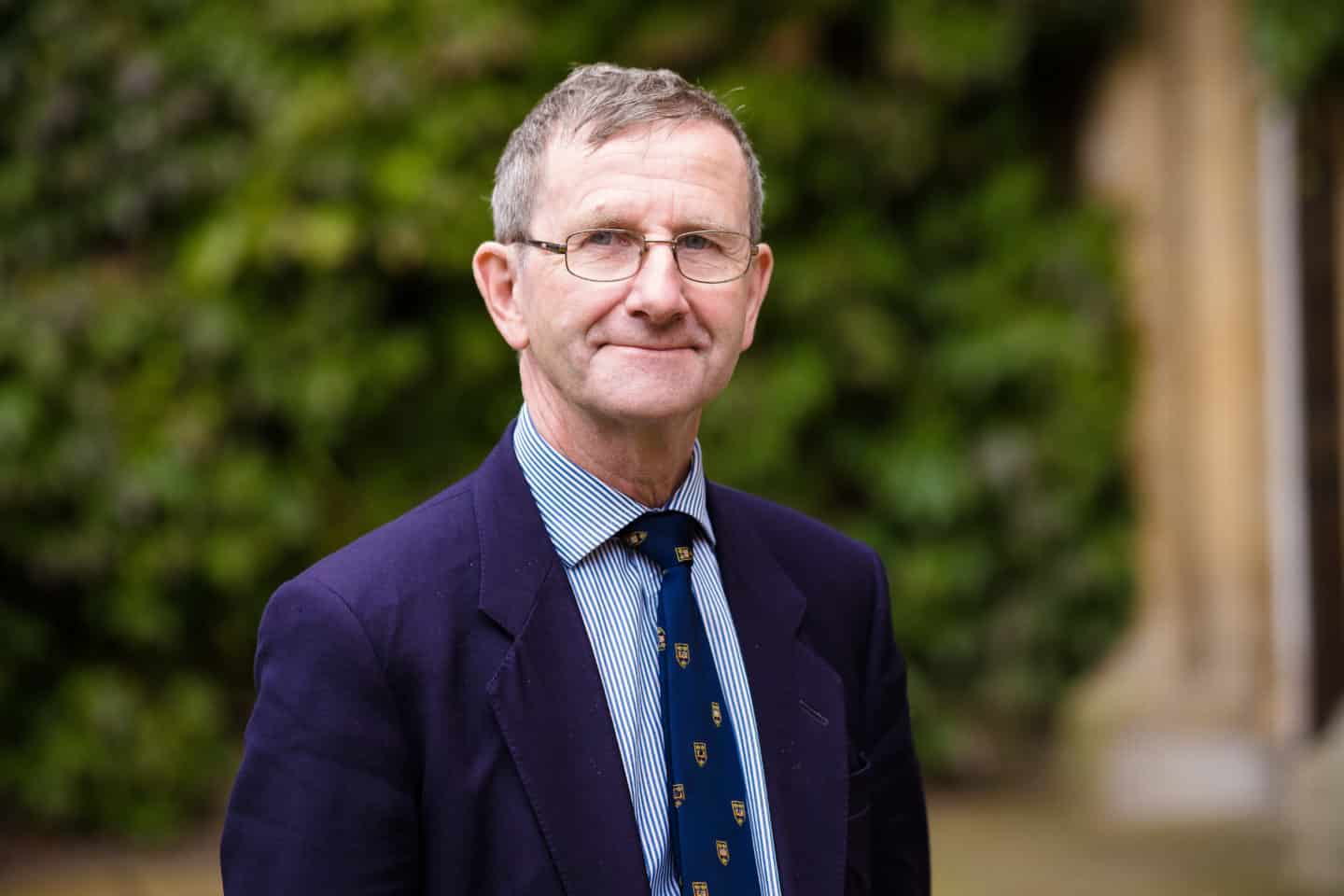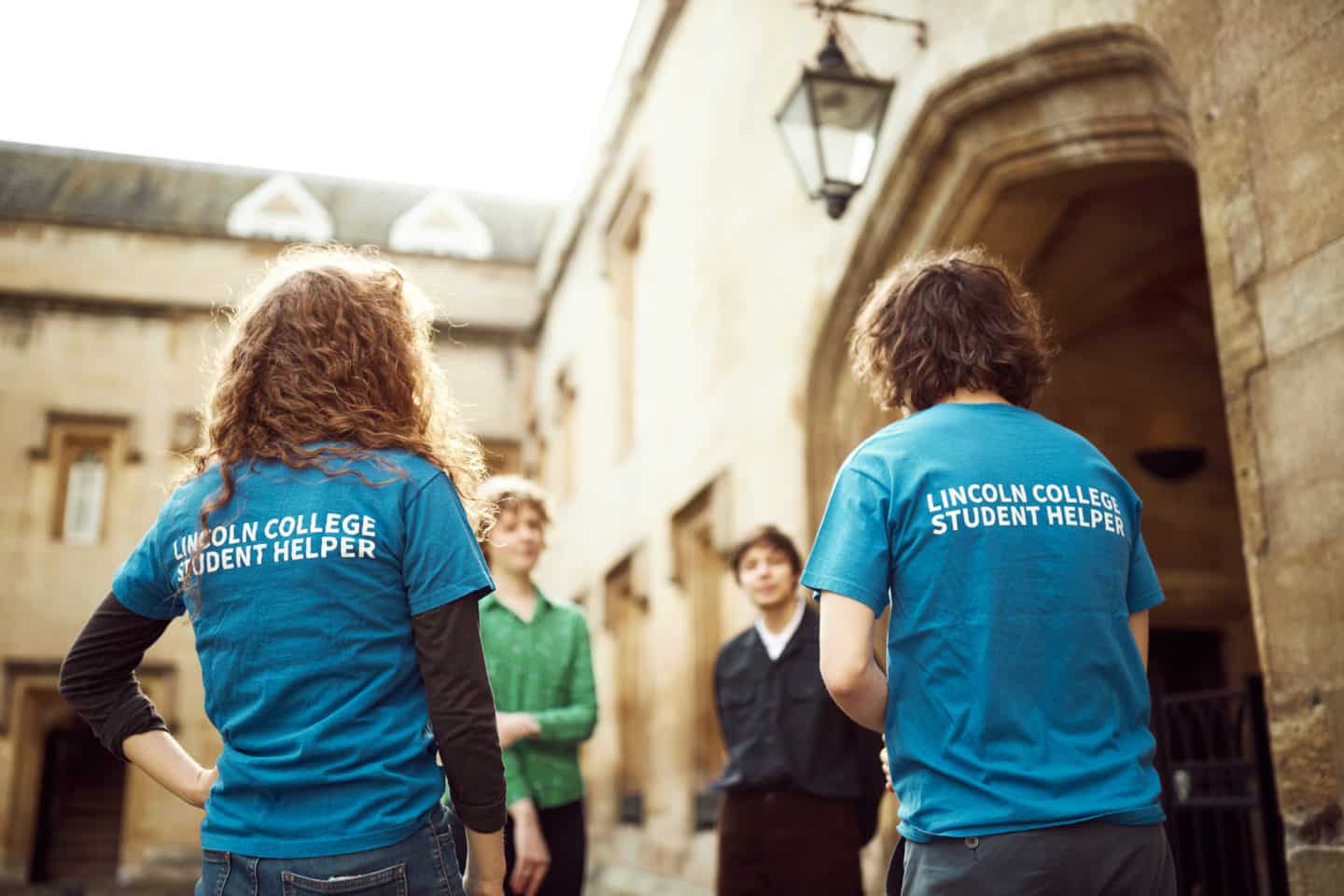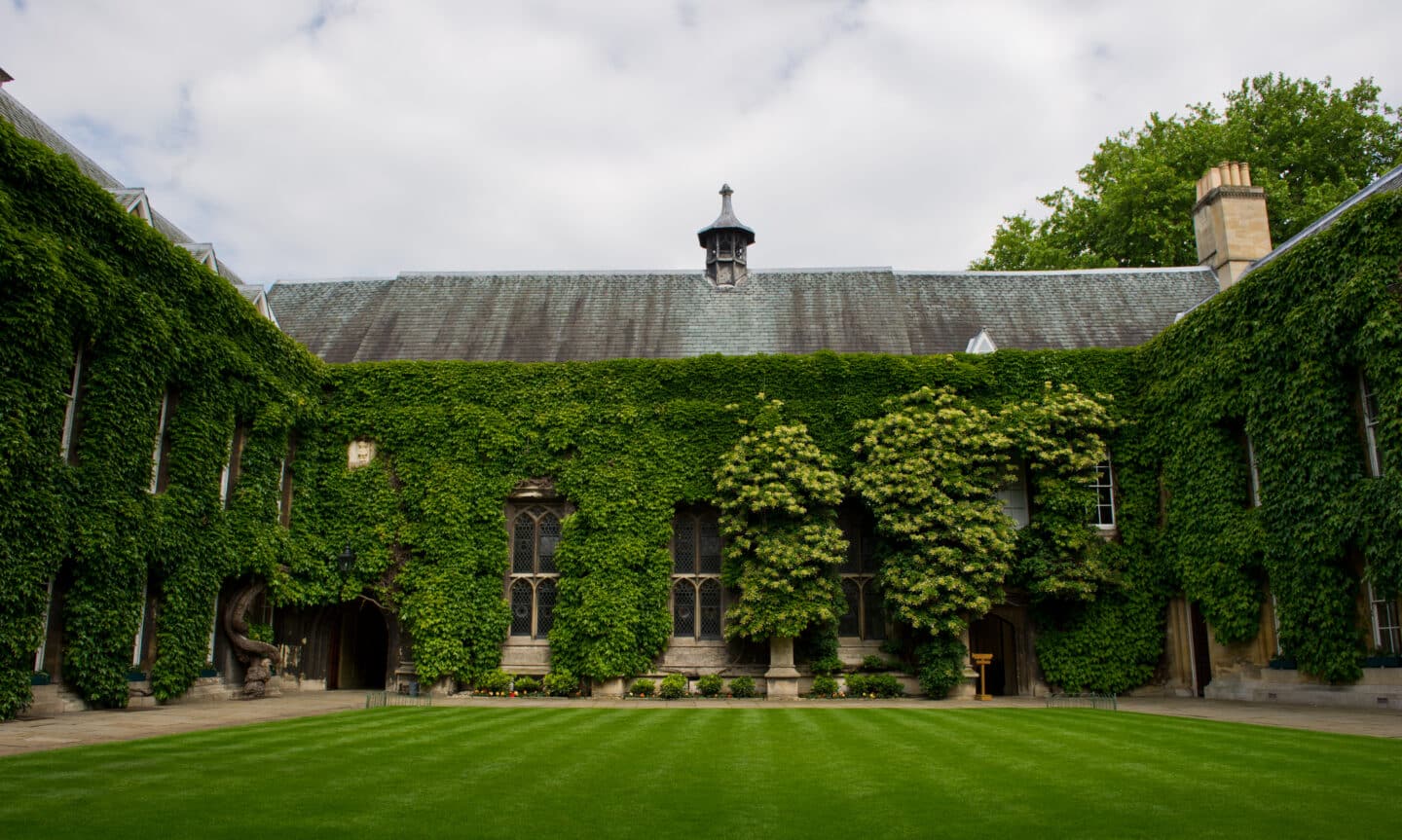
Engineering Science
- Years 4
- Places 6
- Tutors 4
- Ucas Code H100
- Grades A*A*A
Engineering Science encompasses a vast range of subjects; from microelectronics to renewable energy generation. It involves the application of creative reasoning, science, mathematics (and of course experience and common sense) to real problems.
The course
Like most physical sciences, Engineering Science at Oxford is a four-year course, leading to the degree of MEng. It is one of a small number of general Engineering degrees offered in the UK, which we believe provides excellent preparation for solving the interdisciplinary engineering problems of the future. During the first two years, you’ll study core topics that provide the foundations for all types of Engineering. Throughout these years, candidates are tutored at the College by experienced fellows who offer detailed guidance. Lectures in the department are complemented by these college tutorials, usually in groups of two, providing support, guidance, and extending beyond material covered in lectures.
Beyond the second year, the course is such that you may wish to retain generality although anyone wishing to specialise deeply in one area, for example, civil engineering, may choose papers solely associated with that branch. In the third year you can specialise in one of six branches of engineering (biomedical, chemical, civil, electrical, information, and mechanical), and the course is accredited by the major institutes for Chartered Engineer status. While the third and fourth years are centrally taught with the Department of Engineering Science, the Lincoln tutors retain oversight of students’ progress and to offer general guidance on study and career pathways, as well as specialist help.
Why study Engineering Science at Lincoln?
Lincoln College Main Site is around a 10-minute walk along the leafy Parks Road from the Engineering Science Department, where lectures and laboratory classes take place. First-years are accommodated on the Main Site on Turl Street, while in subsequent years many engineers are housed on Museum Road, which is even closer to the department! The college library, reading room, and other more informal spaces provide plenty of comfortable, quiet, and appealing spaces to work.
We (the engineering tutors) take our pastoral guidance as well as the education of our students seriously. In our opinion, the tutorial system cannot be bettered for providing the very best environment for personal academic development. , and we are proud of the academic results of our engineering students. Lincoln is one of the top performing colleges across all subjects (placing 2nd on the 2021/22 Norrington Table), and our engineering students contribute towards these excellent results. There are also a range of monetary prizes and scholarships within the college that engineering students are eligible for, based on outstanding exam performance.
Lincoln is a small college, but that does not mean it is too small to offer all the right opportunities for study, as well as high-quality accommodation and excellent social facilities. At any one time, the Engineering students at Lincoln will typically number between 20-24. We offer plenty of opportunities to share experiences across year levels, including the annual Engineering Society Dinner. Our annual Fourth Year Project Presentation Evening, held jointly with St Hilda’s College, provides a great opportunity for final year students to present their project work, and for earlier years to be exposed to the wide variety of engineering projects available to them
Usually, the working (and personal) relationship between tutors and students develops significantly and provides momentum for a continuing and evolving academically rich environment. As students gradually gain academic independence, it is remarkable how many choose to do project or research work with us later on.
Admissions
Lincoln sets no special requirements beyond those required from the Department of Engineering Science. Our standard offer for A-levels is A*A*A, and of those two must be in physics and mathematics. The third subject which provides the best basis for the course is further mathematics, though this is not a requirement – we recognise that not all students have access to Further Mathematics courses. We also accept a range of other equivalent UK and international qualifications. A good performance in GCSE or other basic equivalent qualifications is necessary, and we look for evidence of a genuine interest in the subject.
We particularly encourage applications from those who identify with historically under-represented groups in engineering, including female applicants and those from Black, Asian, and other ethnic minority backgrounds.
Find out how to apply here.
Interviews are usually carried out by the college Tutorial Fellows in Engineering. These are very different to a job interview, and much more similar to an actual college tutorial. We are looking for candidates to demonstrate their ability in physics and mathematics, and quickly understand and apply new concepts – just like you would in a tutorial! We also look for a demonstrated interest in and enthusiasm for engineering, in any and all areas.
Meet the Tutors

Dr Paul Stavrinou
Tutorial Fellow in Engineering Science

Dr Reece Oosterbeek
Tutorial Fellow in Mechanical Engineering

Professor David Hills
Embling Fellow and Tutor in Engineering Science



